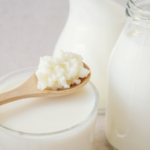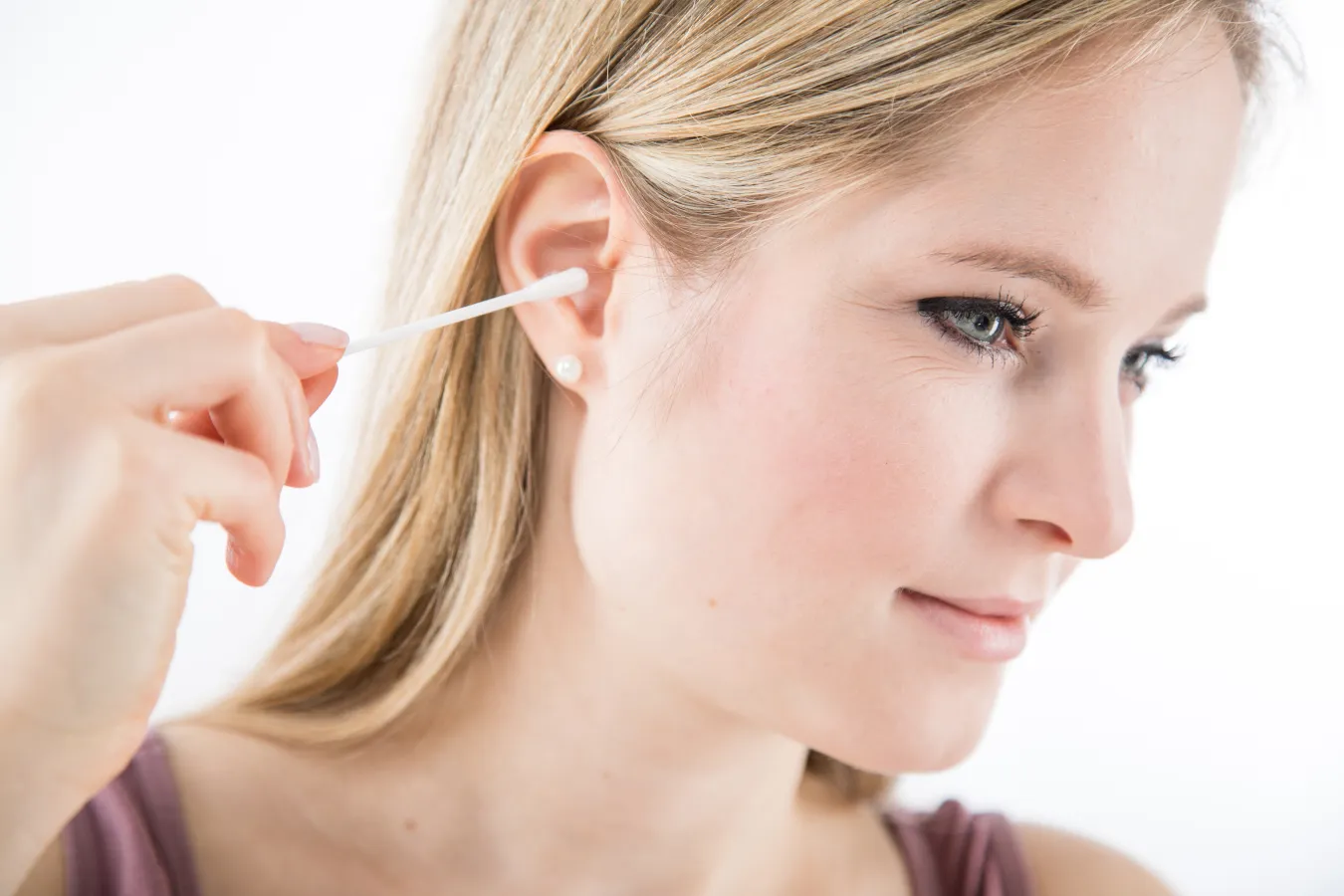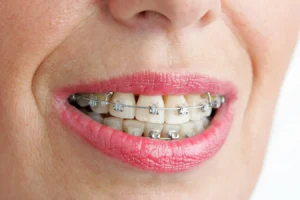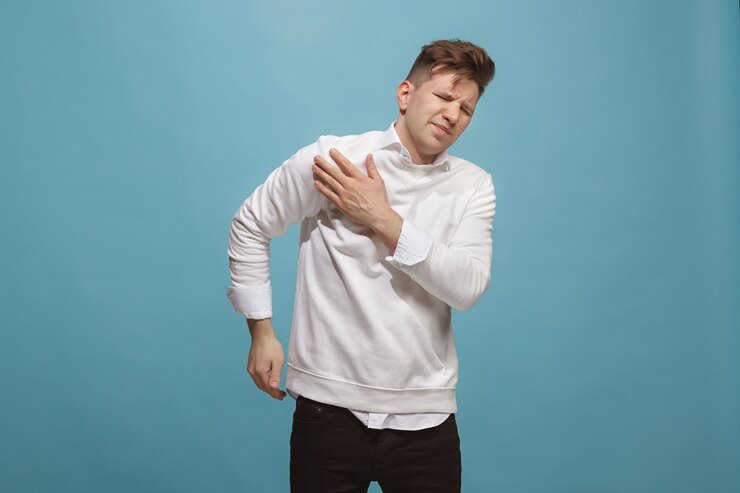Everyone wants to hear well throughout their life. But what is good for your hearing and what is bad for it?
Two otolaryngologists answered these questions. Here are their tips:
Cleaning your ears? Only if necessary!
Earwax is a natural occurrence. “The ear canals clean themselves,” says Professor Thomas Klenzner, Deputy Director of the ENT Clinic and Director of the Hearing Centre at the University Hospital Düsseldorf.
In any case, you can carefully remove any visible earwax in the front of the ear canal with a cotton swab or cotton bud. “But under no circumstances should the swab penetrate too deeply or too firmly into the ear canal,” warns Klenzner.
Otherwise, there is a risk of small injuries through which germs can penetrate and cause inflammation in the ear canal and eardrum.
Do not insert sharp objects into the ear.
Under no circumstances should sharp objects such as knitting needles, nail files, or other pointed objects be inserted into the ear to remove earwax. “In addition to the high risk of injury, there is also a high probability that the wax will only be pushed further into the ear instead of being removed,” says German ENT specialist Bernhard Junge-Hülsing.
If a wax plug has formed, it is best to go to the doctor to have it removed during the consultation.
No ear candles for cleaning ears
Conotherapy, also known as Thermo auricular therapy, consists of ear-cleaning candles measuring 20 to 30 centimeters and resembling pencils made of beeswax or paraffin. Adverts promise that when lit, they have a liberating effect on the ear canal and sinuses, removing earwax plugs. They are also said to help combat stress.
“Whether these candles are of any use is a matter of scientific debate,” says Junge-Hülsing. In her opinion, their use is “too dangerous.” She adds that the dripping wax can cause serious burns, both to the eardrum and the face.
In case of itching in the ears, you should go to the doctor.
Does your ear itch? “Please do not put your fingers or any other object in your ear, no matter how tempting it may be,” says Klenzner. When the itching does not subside and ear pain occurs, an otolaryngologist should be consulted to determine the cause.
In these cases, it is possible that an infection can be treated with eye drops. When itching occurs in certain situations, such as after washing your hair, it may be helpful to perform an allergy test. Sometimes, itching is caused by certain ingredients in shampoo.
Inflammatory skin diseases such as psoriasis or neurodermatitis can also cause itching in the ear canal or auricle.

Use earplugs when it is loud
Constant exposure to loud noise is not good for your ears. “Persistent sounds of more than 85 decibels can cause long-term hearing damage,” warns Klenzner. Working with a jackhammer without protection, for example, can cause significant hearing damage.
Therefore, if you know you will be exposed to loud noises, it is best to use earplugs, ideally made by an acoustics specialist.
Ears also benefit from a balanced diet
According to Junge-Hülsing, there are no specific foods that are good for the ears. However, diet is important. If it is balanced and rich in vitamins, it is beneficial for the whole body, including the ears.
Taking early signs of hearing problems seriously
Certain signs should not be overlooked, such as if, during a conversation, you have to constantly ask: “Excuse me, what did you say?” or if you have to constantly turn up the volume on the radio or television to understand something you hear.
“The sooner hearing loss is treated, the greater the chances that something can be found that will help in the long term,” says Thomas Klenzner.
Hearing well is important to avoid losing cognitive abilities. “Poor hearing can also promote dementia,” says Klenzner. That is why, in his opinion, it is important to establish the causes when the first signs of poor hearing appear.






















+ There are no comments
Add yours